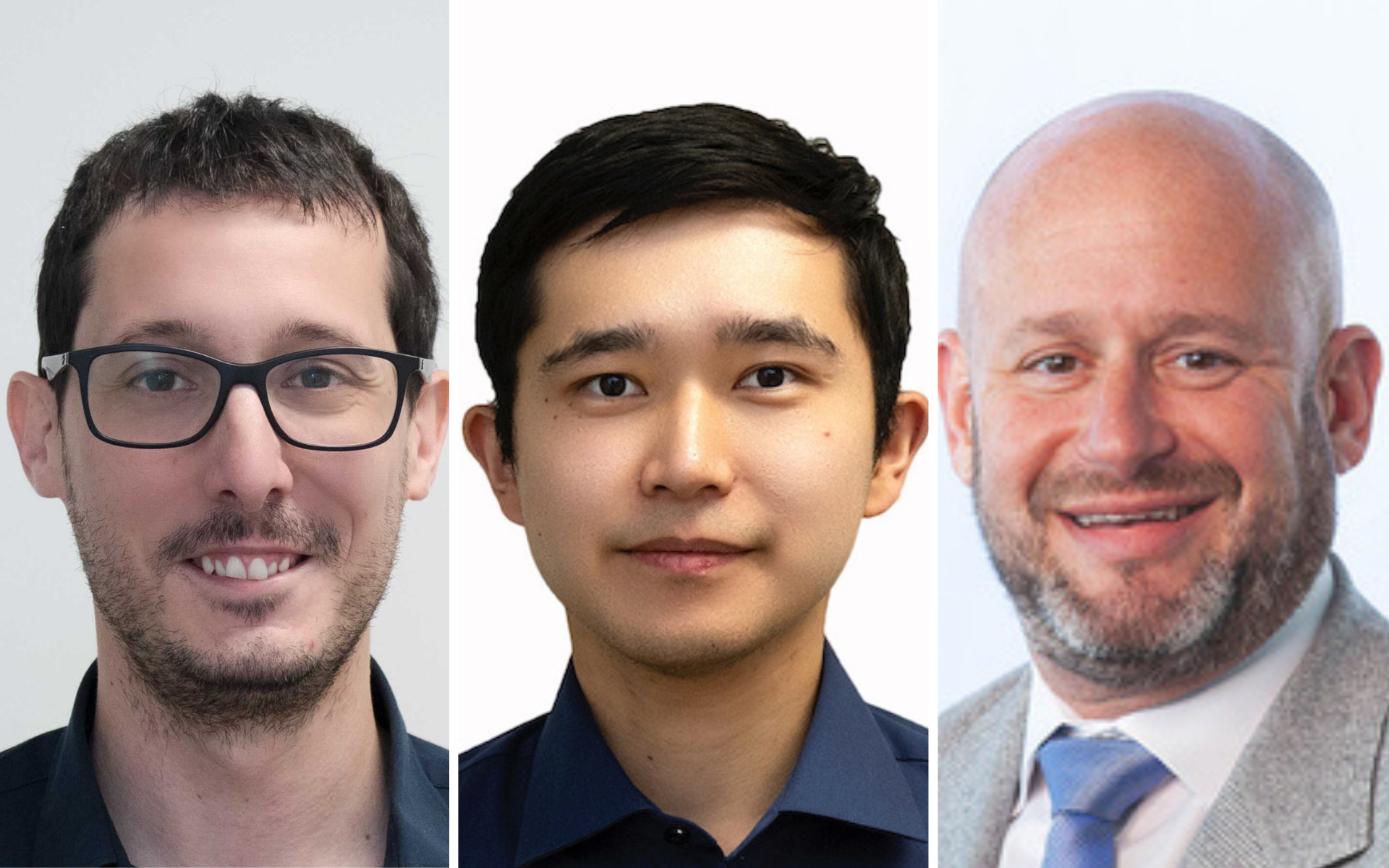Can hearing aids help prevent dementia? Australian-first study explores crucial brain health link
Macquarie University and University of Sydney researchers are trying to establish if the wearing of hearing aids and cochlear implants can help prevent dementia.
Over 5% of the world’s population and one in five Australian adults live with hearing loss, a condition increasingly linked to dementia risk later in life.
While the link between hearing loss and cognitive decline is known, whether hearing devices can protect the brain remains an open question.
One in five Australian adults live with hearing loss. Credit: AdobeStock
Now, a new study led by Macquarie University is using advanced sensing technologies and wearable devices to close this knowledge gap in an Australian-first prospective study of adults with hearing devices.
“By using technologies to measure brain function, sleep and hearing, this study has the potential to uncover the benefits of using hearing devices to address hearing loss and understand whether that can lead to healthy ageing,” the study’s Chief Investigator, Dr Mariano Cabezas Grebol, a Research Fellow at Macquarie University Hearing in the Department of Health Sciences says.
Supported by the NSW Smart Sensing Network’s Grand Challenge Fund, the Hearing impairment in Adults: Vitals, hEmodynamics, Neuroimaging and Sleep sensing (HAVENS) study will track the brain activity and biological markers of 140 Sydney-based hearing aid and cochlear implant users who previously took part in the large-scale, Australia-wide HALOS longitudinal study.
HALOS – led by Macquarie University and jointly funded by Macquarie University and Cochlear – has tracked the health and social outcomes of 747 hearing device users since 2022.
(From left to right) Dr Mariano Cabezas Grebel from Macquarie University Hearing; Dr Zihao Tang from the University of Sydney; Dr Brian Kaplan from Cochlear.
Crucially, the new three-year HAVENS study will also explore sleep patterns to gain a better insight into the little-understood relationship between hearing loss, hearing devices, and sleep.
Dr Mariano, whose background is in computer science and neuroimaging, will focus on applying machine learning to extract meaningful patterns from the complex data collected.
The study also involves researchers from the Brain and Mind Centre at the University of Sydney and Cochlear.
“Our team has strong expertise in advanced brain imaging research, particularly in uncovering the neural mechanisms underlying cognitive health,” says Dr Zihao Tang, a Research Fellow at the Brain and Mind Centre, University of Sydney.
“We’re excited to contribute to this collaboration with Macquarie University and Cochlear, which has the potential to reveal how hearing interventions may support healthy brain ageing.”
NSSN’s Catherine Oates Smith
“Healthy hearing isn't just about sound - it's fundamental to everyday health and wellbeing,” Dr Brian Kaplan, Senior Vice President, Global Clinical Strategy and Innovation at Cochlear, and Director of the Cochlear Implant Program at the Greater Baltimore Medical Center says.
“A growing body of research suggests that treating hearing loss may help to reduce cognitive decline. This study will add to the growing body of evidence that is uncovering the role that hearing devices could play in protecting the brain.”
“Increasingly evidence shows that if we don’t use the part of the brain responsible for hearing communication then we lose that function - and that might be the road to dementia,” NSSN Human Health Lead Catherine Oates Smith says.
“It’s a case of ‘use it or lose it’. This study will help us understand this complex process so we can develop strategies to help prevent the slide into dementia for our ageing citizens.”
Findings from this work will improve treatment guidelines, encourage early intervention, and ultimately support healthier ageing.



